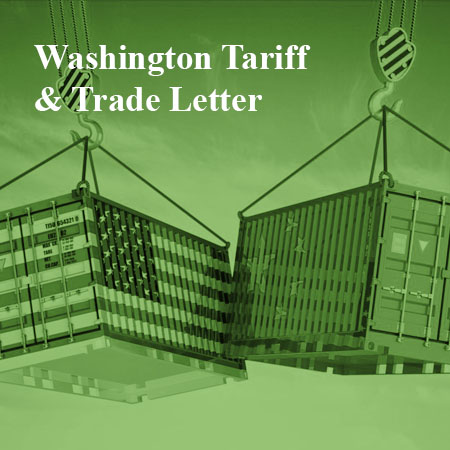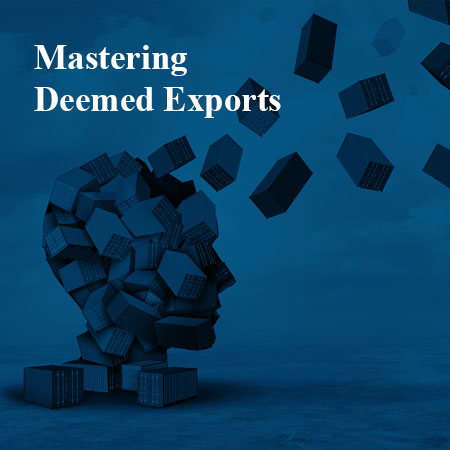Export Compliance Program Seventh Element: Handling Violations and Taking Action
July 29, 2021
(The Exporting Source)
by Blake Gill *
As we come to the last of functional elements of an Export Compliance Program
(ECP), we arrive upon one of the dreaded topics of how to handle violations and
take action. This element must be clear and concise on how an organization
should handle any potential violations and the inevitable investigation.
Handling violations is not often included in an ECP or considered by
management. Some management teams believe that because an export team exists,
and a compliance program is in place that it will prevent violations from
occurring. Let’s set the tone straight: this is NOT reality in any company.
The truth is that your company is expected to have violations. Early detection
and quick reactions will be the key to reducing exposure. All the previously
discussed elements will aid in early detection of violations, and time is of the
essence.
An internal and external reporting process should exist for reporting
all noncompliance issues. A specific investigation process should exist to
quickly follow up on the activities that trigger a response. Disciplinary
actions should be specifically annotated within your ECP and should be enforced.
A lackadaisical response to a potential violation will create a nonchalant
attitude towards compliance within the organization.
Support from executive management will be extremely critical at this
point. A safe environment must exist so that there is open communication and a
culture that fosters compliance can grow. Employees must feel safe and
encouraged to discuss violations so proper action can be taken. Organizations
are given a medium by the Bureau of Industry and Security (BIS) to disclose
potential violations.
As mentioned earlier, companies are expected to have violations. It is
a sign that your program is working as intended since a violation has been
identified and reported. The violation handling is then put to test with a
voluntary self-disclosure. This disclosure will include how the organization
will resolve the violations and how preventative actions will be put in place to
prevent the same violation from occurring. It is encouraged to seek external
professional support, such as an attorney or trade consultant, to assist with
the disclosure and corrective action process.
I want to encourage any readers that may feel worried about violations;
most disclosures will not face significant penalty. The government is there to
support your business and work with you to build a better compliance program.
Don’t look at them as the enemy; they are your friend in the process and want
to see your business grow and be prosperous.
* Blake Gill is an experienced International Trade Compliance professional with a demonstrated history of work in the technology industry. He has many years of experience working with export control, customer screening and item classification over a wide variety of products. Additionally, Blake has performed the duties of Empowered Official at multiple international companies.
Welcome to the Exporting Source
Your one-stop resource for finding help to export to new customers, to learn about government export programs, to join export-promoting trade missions, to sign up for trade conferences and training, and to link to other exporting services. Whether you're an old hand at exporting or just getting started, the Exporting Source provides a place to locate foreign customers, export financing and foreign investment assistance.

The Export Practitioner
Providing readers with expert reports on changes to U.S. export licensing rules, enforcement policies and regulations for defense and dual-use products and technology.

Washington Tariff & Trade Letter
Providing exclusive, behind-the-scenes news and analysis every week of U.S. trade policies, regulations and legislation, export controls, trade sanctions, and enforcement of antidumping and countervailing duty laws.

Mastering Deemed Exports
An invaluable video training tool that helps exporters, universities and research laboratories alert all employees to the potential fines and legal sanctions that can come from violating EAR and ITAR restrictions on giving certain foreign nationals access to controlled U.S. technology.